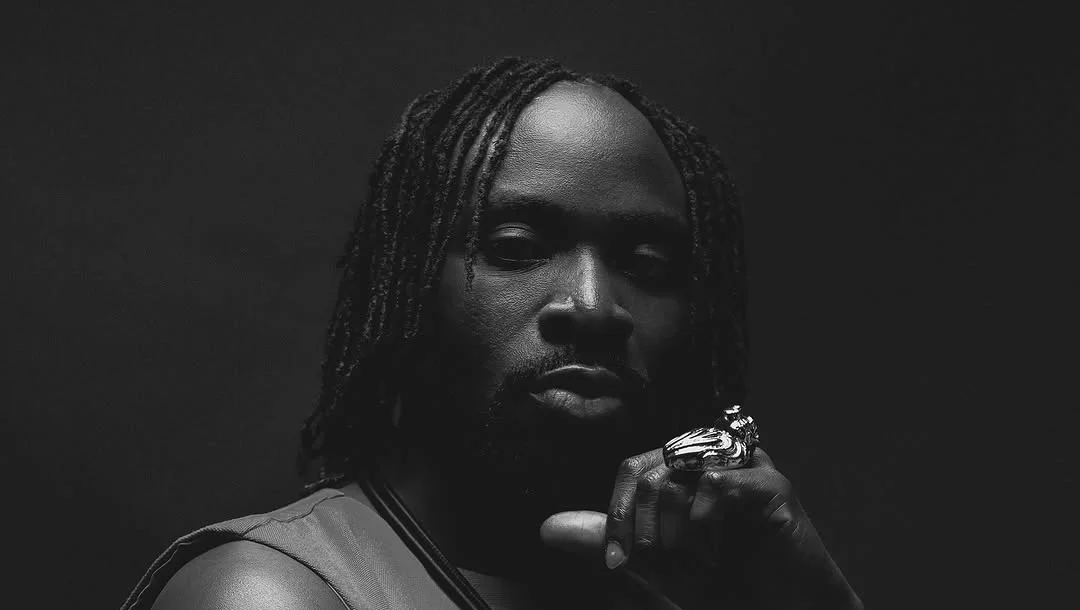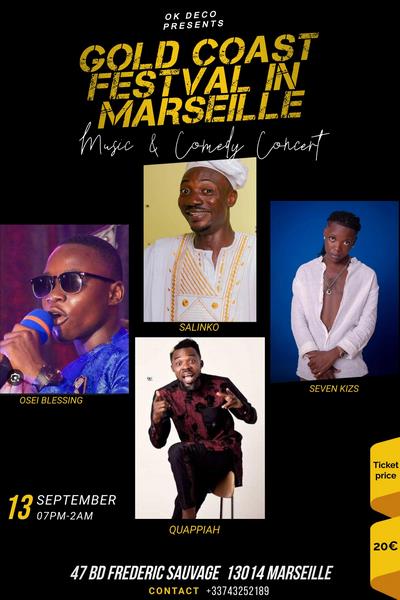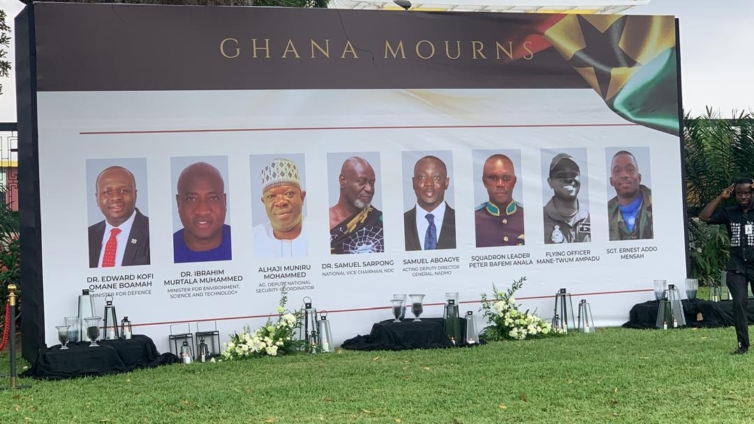Renowned UK-based broadcaster and host of the popular Afrobeats Podcast, Adesope Olajide—better known as Shopsydoo—has stirred up conversation around the often-overlooked legacy of Ghanaian music icon, Fuse ODG.
In a thought-provoking recent commentary, Shopsydoo argued passionately that Fuse ODG deserves far more recognition for his trailblazing role in the global rise of Afrobeats. According to the media personality, while names like Wizkid, Davido, and Burna Boy dominate the conversation today, Fuse’s foundational contributions cannot be ignored.
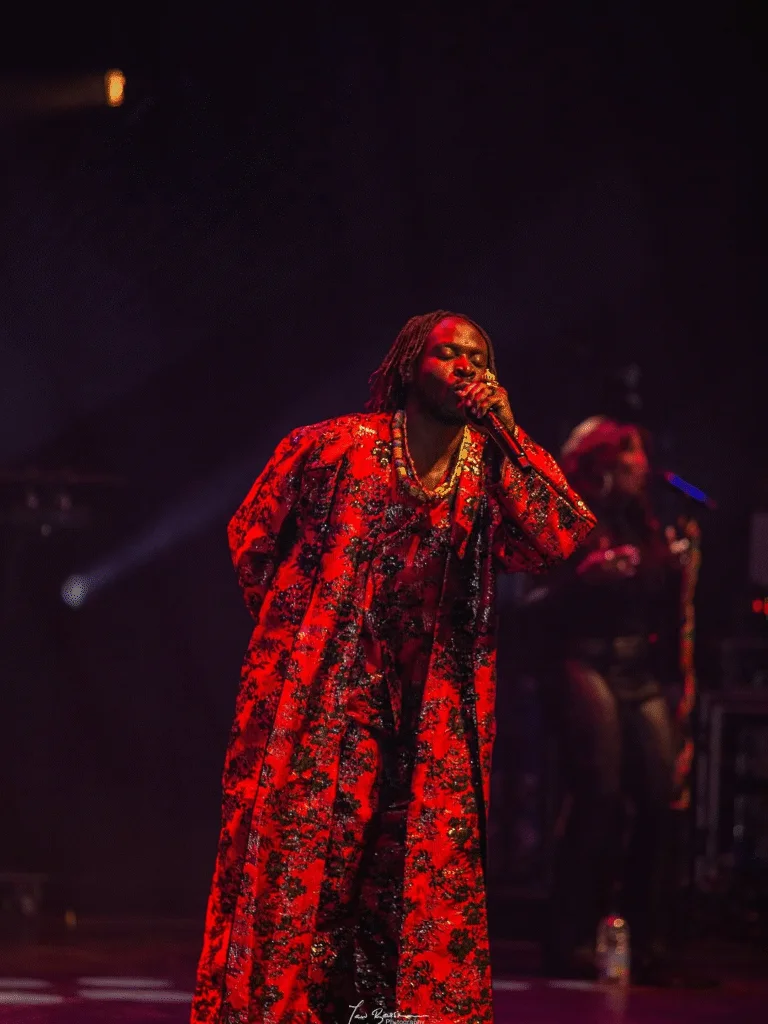
“Fuse ODG never gets his credit,” said Shopsydoo. “He was on the MOBOs, performing on live television, was on the BBC and all that. This brother shut it down.”
Shopsydoo went on to highlight that Fuse ODG was one of the first African artists to embark on a full-scale UK headline tour, playing to crowds in cities such as Newcastle and Glasgow. His early success, including chart-topping hits like Antenna and Dangerous Love, helped lay the groundwork for Afrobeats’ mainstream breakthrough in Europe.
Olajide stressed that Fuse’s impact was not only musical but also cultural and strategic. Among the most significant moments in his career was a high-profile arena tour with Ed Sheeran, which symbolised the artist’s broad appeal and international credibility.
Furthermore, Shopsydoo credited Fuse and legendary Ghanaian producer Killbeatz with introducing the global audience to the Azonto sound and dance movement—one of the first waves of African pop culture to go viral internationally.
“He was one of the first guys that gave Africa a good look—clean videos, global collaborations. He gave Azonto to the world,” Shopsydoo noted.
However, Fuse’s meteoric rise seemed to stall, and Shopsydoo didn’t shy away from addressing the potential reasons.
A critical point raised in Shopsydoo’s commentary was the creative split between Fuse ODG and Killbeatz, a partnership responsible for much of Fuse’s early sound. The separation, though never officially explained, is believed to have played a role in disrupting the momentum of his musical output.
More controversially, Shopsydoo suggested that Fuse ODG’s vocal Pan-Africanism and political boldness may have come at a cost. He referenced the artist’s public criticism of Bob Geldof’s Band Aid project in 2014, which Fuse ODG refused to participate in.
Fuse ODG’s objections to Band Aid were rooted in his belief that the song—“Do They Know It’s Christmas?”—and its video perpetuated damaging stereotypes about Africa.
“He criticized Bob Geldof for the Band Aid song—that’s grounds for blacklisting,” Shopsydoo remarked. “So these could be the reasons we saw his run short.”
Fuse’s statement at the time was clear: “We are more than just a hungry face. These songs dehumanise Africans and destroy our pride and identity in the name of ‘charity.’”
This act of defiance was widely applauded by Pan-African thinkers, but may have alienated industry gatekeepers and affected his mainstream trajectory.
In his closing remarks, Shopsydoo touched on what he believes is another reason Fuse ODG remains underappreciated: his humility.
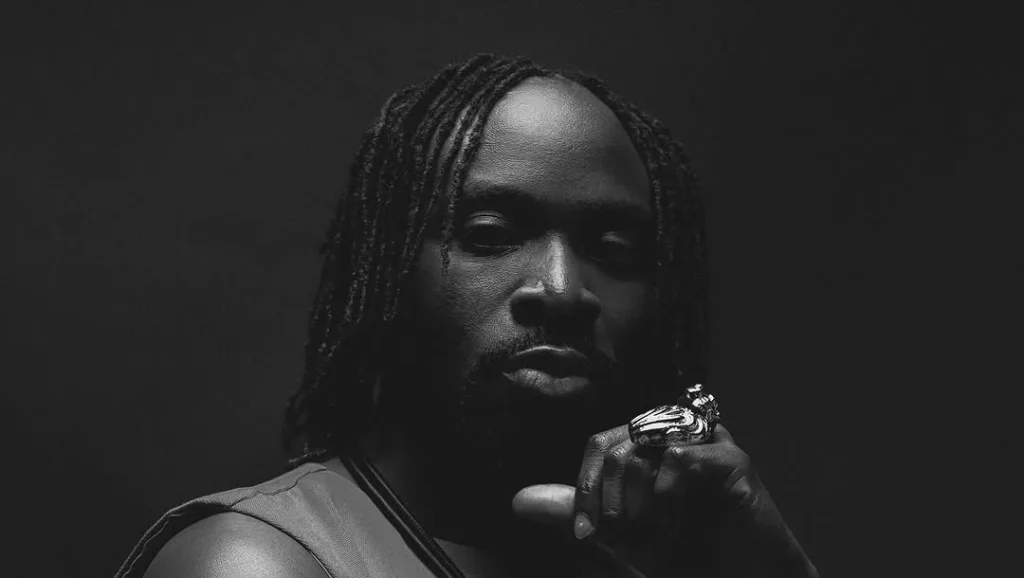
“Sometimes Ghanaians are too calm about their greatness,” he said. “Fuse doesn’t shout about what he’s done, but the stats and impact are there.”
Indeed, Fuse ODG’s quiet but powerful influence can still be felt today—from the stylistic choices in Afrobeats videos to the growing pride in African culture among diaspora youth.
Shopsydoo’s reflections open an important dialogue about how we define success and legacy in the Afrobeats movement. As the genre continues to dominate global charts, it’s crucial not to forget the pioneers like Fuse ODG who broke down barriers, challenged narratives, and opened doors long before the world was listening.
Whether or not history gives him his due, Fuse ODG’s legacy is secure in the hearts of those who know where Afrobeats truly began.

